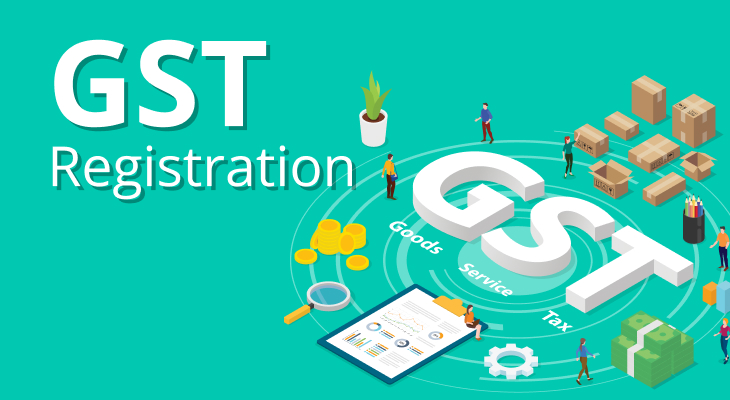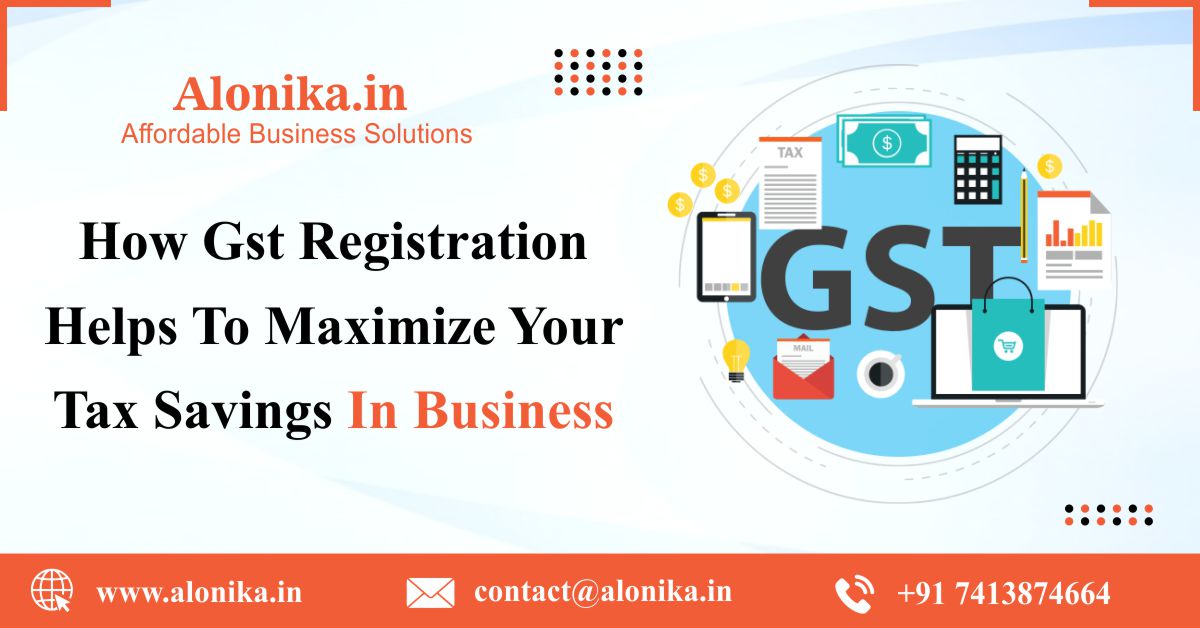Contrast and Select the very best GST Registration Services in Singapore for Your Requirements
Contrast and Select the very best GST Registration Services in Singapore for Your Requirements
Blog Article
From Start to Complete: The Ultimate Roadmap to GST Registration for Businesses Looking For Financial Security
Navigating the intricacies of Item and Services Tax Obligation (GST) enrollment is an important action for services aiming for financial security. From understanding the essential concepts of GST to abiding with post-registration guidelines, the procedure can appear daunting at very first glance. Breaking down the roadmap right into convenient actions can simplify the enrollment journey for businesses looking to boost their monetary standing. Let's discover the important elements that make up this supreme roadmap and uncover how each phase contributes to laying a strong structure for economic success.
Comprehending GST Essentials
Digging right into the fundamental principles of Item and Services Tax Obligation (GST) is vital for gaining a thorough understanding of its implications on organizations and the economic climate. Input Tax Debt (ITC) is a substantial function of GST, allowing organizations to assert credit scores for tax obligations paid on inputs, reducing the general tax obligation worry. Understanding the basics of GST is crucial for companies to conform with tax obligation laws, manage their funds successfully, and contribute to the country's economic growth by taking part in a clear tax obligation system.
Qualification Standards for Registration
To sign up for GST, businesses must meet certain qualification standards established by the federal government. The main eligibility need is that any kind of company associated with the supply of products or services with an annual accumulation turn over above the threshold restriction set by the authorities must sign up for GST. Since the current regulations, the threshold restriction for GST registration is a yearly accumulation turnover of 40 lakhs for organizations running within a state, other than for unique group states where the limit is 20 lakhs. Additionally, particular companies are required to register for GST irrespective of their turn over, such as interstate distributors, casual taxed persons, and organizations reliant pay tax under the reverse fee system. It is important for organizations to completely evaluate their turnover and purchase kinds to establish their GST enrollment obligations properly. Failing to sign up for GST when eligible can cause penalties and legal effects, making it necessary for businesses to stick to the specified eligibility standards.
Papers Required for Registration
Having actually satisfied the qualification criteria for GST enrollment, companies need to now guarantee they have the requisite papers in location to continue with the enrollment procedure effectively. The documents needed for GST registration usually include evidence of service constitution, such as collaboration action, enrollment certification, or incorporation certification for various types of businesses. Furthermore, organizations require to offer documents developing the principal location of business, such as he has a good point a rental agreement or electricity expense.
Step-by-Step Enrollment Refine
Commencing the GST enrollment process includes a series of structured steps to make sure a compliant and seamless enrollment for companies. The initial step is to see the GST website and complete the enrollment form with accurate details of the company entity. Following this, the candidate receives a Momentary Reference Number (TRN) which is utilized to return to the application process if it's not finished in one go.
Next, all called for papers based on the list supplied by the GST portal demand to be posted. These documents usually consist of evidence of service enrollment, address and identification evidence of promoters, monetary declarations, and company entity's frying pan card.

Post-Registration Conformity Guidelines

Final Thought
To conclude, organizations seeking economic stability must recognize the essentials of GST, meet eligibility requirements, collect necessary files, follow the step-by-step enrollment procedure, and follow post-registration guidelines - Best GST registration services in Singapore. By adhering to these actions, services can ensure compliance with tax guidelines and maintain economic stability in the long run
In addition, specific services are required to register for GST regardless of their turnover, such as interstate distributors, laid-back taxable persons, and organizations responsible to pay tax under the reverse cost system.Having met the eligibility criteria for GST enrollment, companies must now guarantee they have the requisite papers in location to proceed with the registration process successfully. The documents needed for GST enrollment generally consist of evidence of business constitution, such as collaboration action, registration certificate, or consolidation certification for various kinds of businesses. Furthermore, companies need to supply documents establishing the principal area of service, such as a he said rental arrangement or electrical energy costs.Beginning the GST registration procedure includes a series of structured steps to ensure a smooth and compliant registration for companies.
Report this page